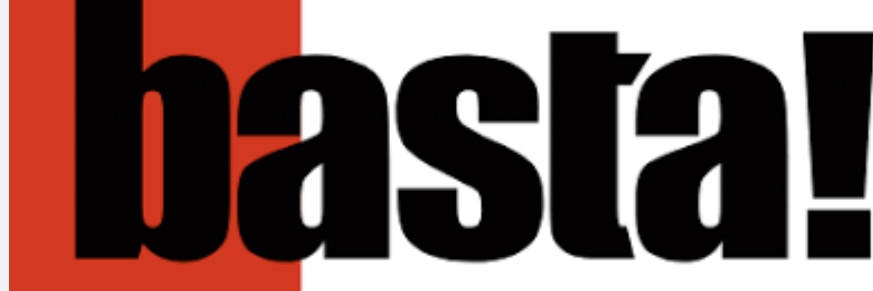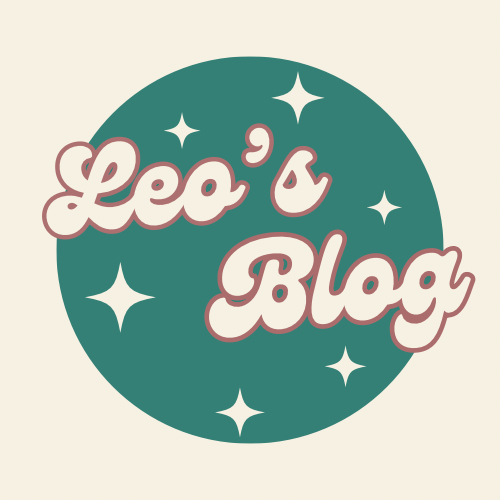In today’s post, I will discuss how the media industries are organised in France, my home country. In France, the media industries are organised around a small group of actors. The French state only owns about 1% of the French media. The rest is private and owned by billionaires such as Bernard Arnault or companies, especially from the financial and insurance sectors.

In France, the media industries is arranged along a capitalist, free market. Most media are privately owned and managed by individuals or companies to generate profits. Competition in media industries is common as media companies are constantly competing for content and audiences. Regulations in the media industries exist such as Arcom. Arcom is an independent authority that regulates audiovisual and digital media in France. French law also ensures media pluralism and the diversity of opinions as the concentration of media is restrained. Journalists are under legal protection to ensure their independence and freedom of expression, despite sometimes being threatened by economic or political forces.
The French media industries and their controversial organisation
Despite laws to restrict media monopoly, media concentration in France is a reality. The ownership of the media industries poses a problem in transparency and freedom of expression as most media are owned by companies unrelated to media and of great importance to the French economy.
Indeed, the media concentration around a few actors can be a threat to press freedom and media neutrality. For instance, Vincent Bolloré, the billionaire behind the multinational Bolloré (transport, logistics and media), owns television channels, magazines, newspapers, a radio station, a leading publisher and a newspaper seller chain. As a devout catholic and supporter of the far-right, neutrality in the media he owns is limited. His media often promotes ultra-conservative convictions and far-right opinions. In the last presidential election, Vincent Bolloré was accused of using his media, especially the television channels to promote Eric Zemmour, a far-right presidential candidate.
The media industries in France and McChesney’s theory on media and democracy
The private ownership and concentration of media have changed the main goal of media which is to inform people. In France, media now seems to serve the personal and economic interests of a few individuals. They use their media companies as tools for ideological propaganda or as means for generating massive profit. Media seems to have become a limitation to democracy as freedom of expression, free press and neutrality can be questioned. This also relates to McChesney’s theory that the richer media industries are, the poorer democracy is. Thus, McChesney argues that to ensure democratic practices in media industries, media should serve the population and promote democratic rule. This means that media needs to be not profit-driven or hyper-commercialised.
Basta, the example of a ‘democratizing’ media

Basta is a French independent digital journal producing and spreading information of general interests. Its content mainly deals with social and ecological matters. Basta is a non-profit media, its economic model is mainly based on the financial contributions of its readers, with no ad or subscription. Its finances are quite transparent as the media publishes its financial accounts each year. Basta believes that economic independence is the only way to achieve editorial independence. Indeed, the content published by Basta is argued to not serve any economic, commercial or personal interests.

Leave a Reply